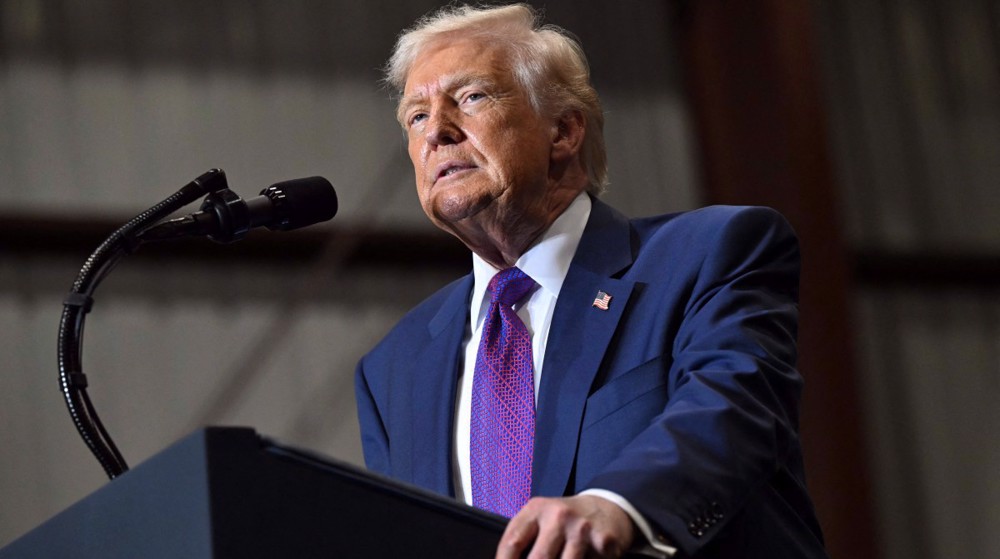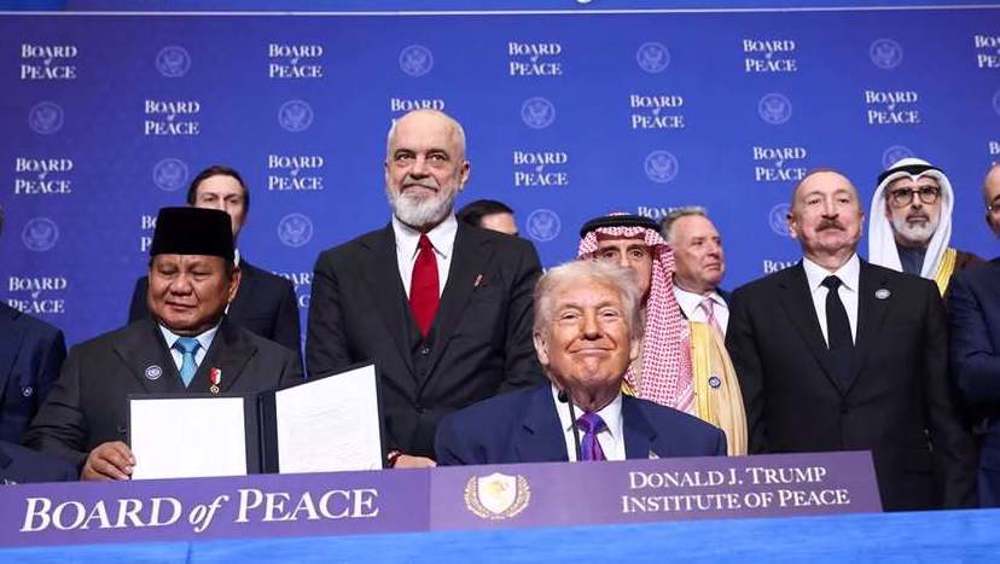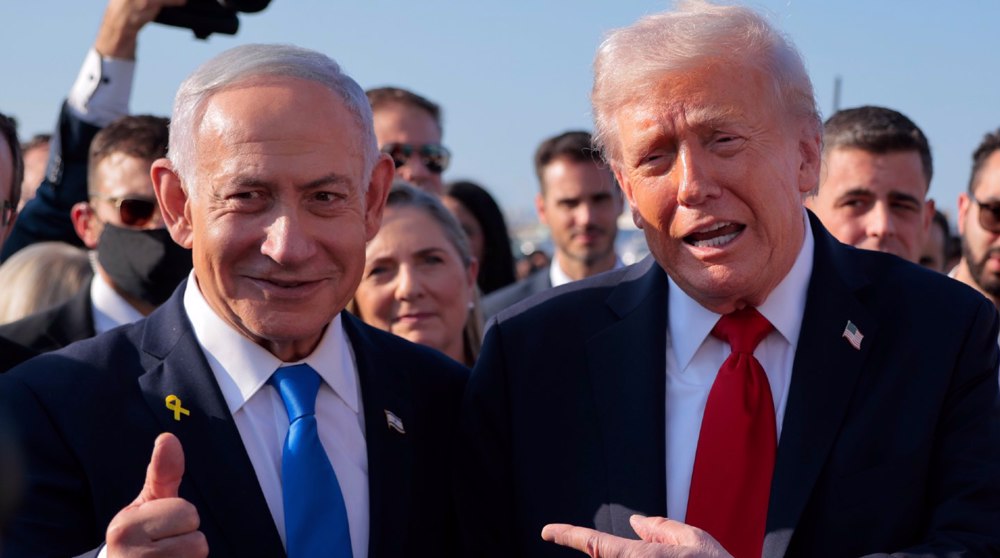US envoy defies Myanmar over Rohingya issue
The new US ambassador to Myanmar has refused to abide by government demands to cease using the term Rohingya for the persecuted Muslim minority.
Scot Marciel, who assumed the position in late April, said on Tuesday that he intends to continue using the name despite requests by Aung San Suu Kyi, a veteran politician and the president of the country’s ruling party, National League for Democracy (NLD).
"Our position globally and our international practice is to recognize that communities anywhere have the ability to choose what they should be called... and we respect that," said Marciel, whether he would keep using the term.
He said the decision reflected Washington’s policy and the administration intended to stick to it.
Rohingya Muslims, with population of about 1.3 million, have faced torture, neglect, and repression for many years while being systematically denied the most elemental rights, including citizenship, freedom of worship, education, marriage and travel.
The group is particularly targeted by Buddhist extremists who have killed a large number of them while forcing nearly 100,000 more to flee the country.
In March, the US State Department told Congress in a report that in 2012 alone, nearly 200 Rohingyas were killed and some 140,000 displaced.
This is while Suu Kyi, who is heralded by the West for her role as champion of Myanmar's democracy movement during long years of military rule, have kept mum about their plight.
The Noble Peace laureate’s NLD party sworn in the country’s first democratically-elected civilian president on March 30 after winning about 80 percent of the available parliamentary seats last November.
The previous military government, which ruled for more than five decades, also refused to recognize the Rohingyas and referred to them as Bengalis in order to imply that they were illegal immigrants from Bangladesh, even though many of them have lived in Myanmar for generations.
In November 2014, US President Barack Obama raised the issue of human rights violations against the Rohingya in his meeting with then Myanmar president and former junta general Thein Sein in the Southeast Asian nation's capital Naypyidaw.
Washington has acknowledged the Myanmar government’s rights violations against Rohingyas but refuses to recognize it as genocide.
Iran’s Dena destroyer docks in Indian port as Tehran, New Delhi discuss maritime security
Trump plans to establish 'massive' military base in southern Gaza: Report
NYT questions Trump’s justification for threatening war on Iran
VIDEO | Press TV's news headlines
Araghchi stresses efforts to draft negotiating text between Iran and US
Over 150 ex-diplomats slam French FM's 'disinformation’ about UN’s Albanese
Alawite women abducted and raped, others sold by Jolani's men: Report
Iran, China, Russia hold trilateral talks on Geneva nuclear negotiations










 This makes it easy to access the Press TV website
This makes it easy to access the Press TV website